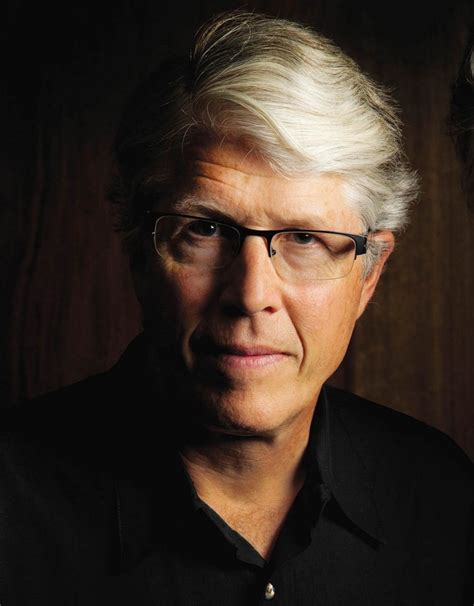A Quote by Jake Tapper
My job, in general, is nonfiction, so writing fiction was liberating. If you can't find the answer to something, you just make it up!
Quote Topics
Related Quotes
I think, about the distinction between fiction and nonfiction. Fiction is not really about anything: it is what it is. But nonfiction - and you see this particularly with something like the BBC Samuel Johnson Prize for Non-Fiction - nonfiction we define in relation to what it's about. So, Stalingrad by Antony Beevor. It's "about" Stalingrad. Or, here's a book by Claire Tomalin: it's "about" Charles Dickens.
I remember reading an interview with a writer who said that in nonfiction if you have one lie it sort of messes it up. But in fiction the real details give you so much more credibility, because people do so much research just to write fiction. In fiction you're trying to recreate something lifelike.
I write fiction longhand. That's not so much about rejecting technology as being unable to write fiction on a computer for some reason. I don't think I would write it on a typewriter either. I write in a very blind gut instinctive way. It just doesn't feel right. There's a physical connection. And then in nonfiction that's not the case at all. I can't even imagine writing nonfiction by hand.
Fiction ought to announce the problems, dramatize the problems, display them. Yet offer no set answer. An answer would solve the mystery. Writing fiction, for me, is about putting on paper my obsessive interest in something mysterious. I may figure out the source of the mystery, the things that brought some action or image to my mind, but to make an equation of it would ruin the story.
While I love to read contemporary fiction, I'm not drawn to writing it. Perhaps it's because the former journalist in me is too inhibited by the press of reality; when I think about writing of my own time I always think about nonfiction narratives. Or perhaps it's just that I find the present too confounding.
































